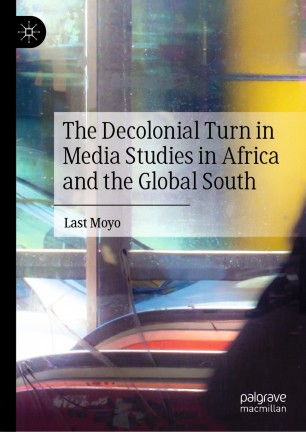

Most ebook files are in PDF format, so you can easily read them using various software such as Foxit Reader or directly on the Google Chrome browser.
Some ebook files are released by publishers in other formats such as .awz, .mobi, .epub, .fb2, etc. You may need to install specific software to read these formats on mobile/PC, such as Calibre.
Please read the tutorial at this link. https://ebooknice.com/page/post?id=faq
We offer FREE conversion to the popular formats you request; however, this may take some time. Therefore, right after payment, please email us, and we will try to provide the service as quickly as possible.
For some exceptional file formats or broken links (if any), please refrain from opening any disputes. Instead, email us first, and we will try to assist within a maximum of 6 hours.
EbookNice Team

Status:
Available4.5
9 reviewsThis book develops a nuanced decolonial critique that calls for the decolonization of media and communication studies in Africa and the Global South. Last Moyo argues that the academic project in African Media Studies and other non-Western regions continues to be shaped by Western modernity’s histories of imperialism, colonialism, and the ideologies of Eurocentrism and neoliberalism. While Africa and the Global South dismantled the physical empire of colonialism after independence, the metaphysical empire of epistemic and academic colonialism is still intact and entrenched in the postcolonial university’s academic programmes like media and communication studies. To address these problems, Moyo argues for the development of a Southern theory that is not only premised on the decolonization imperative, but also informed by the cultures, geographies, and histories of the Global South. The author recasts media studies within a radical cultural and epistemic turn that locates future projects of theory building within a decolonial multiculturalism that is informed by trans-cultural and trans- epistemic dialogue between Southern and Northern epistemologies.